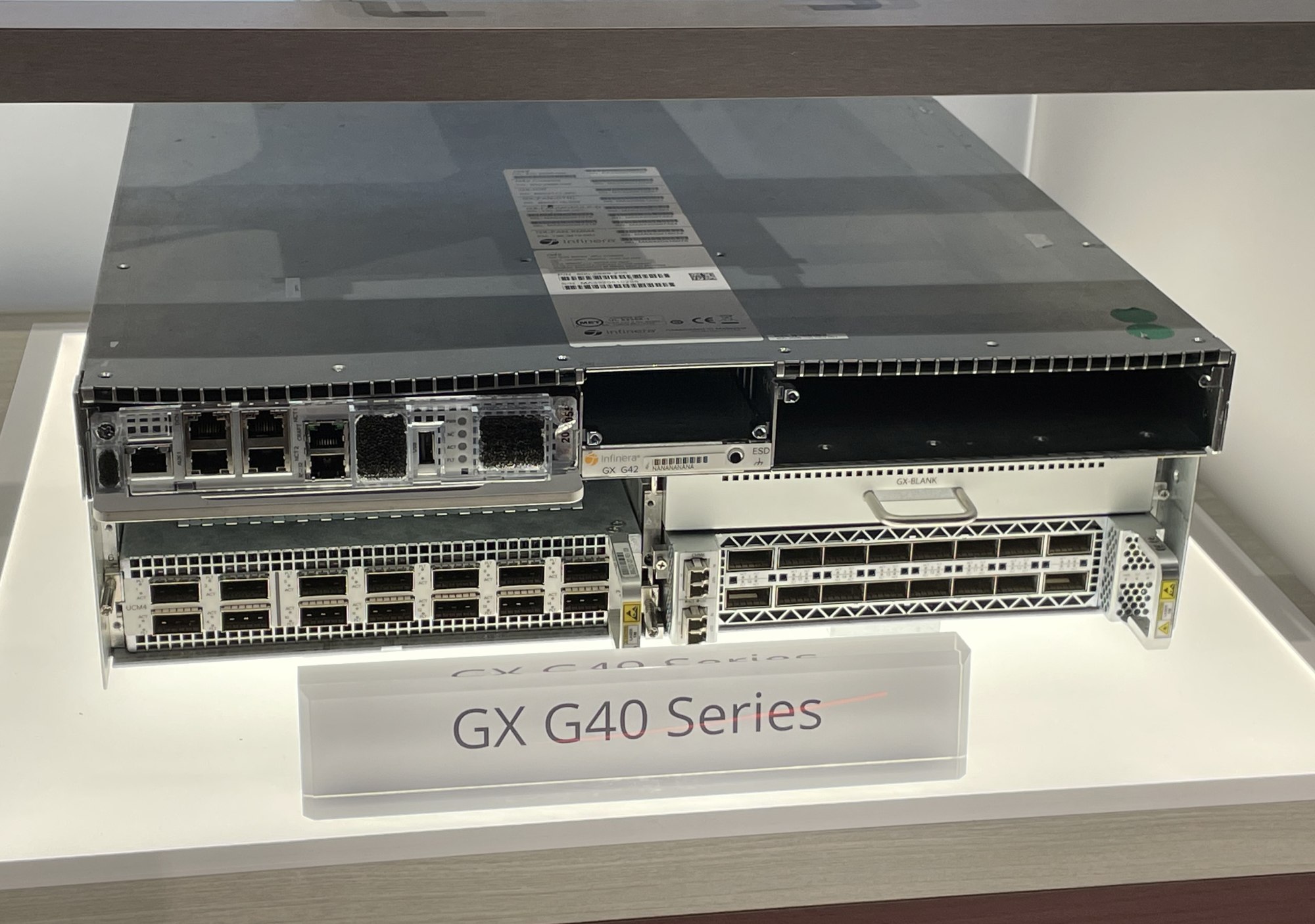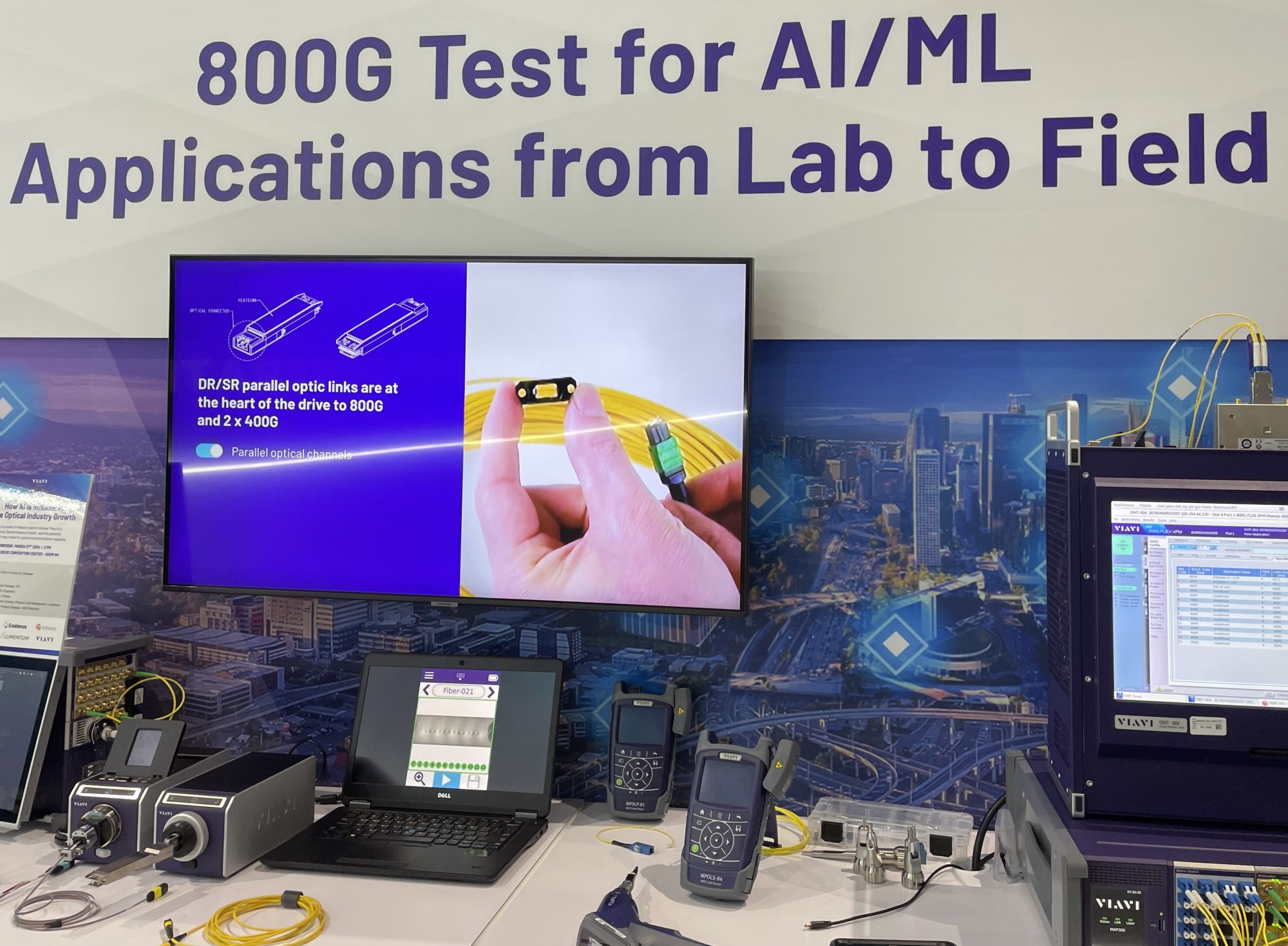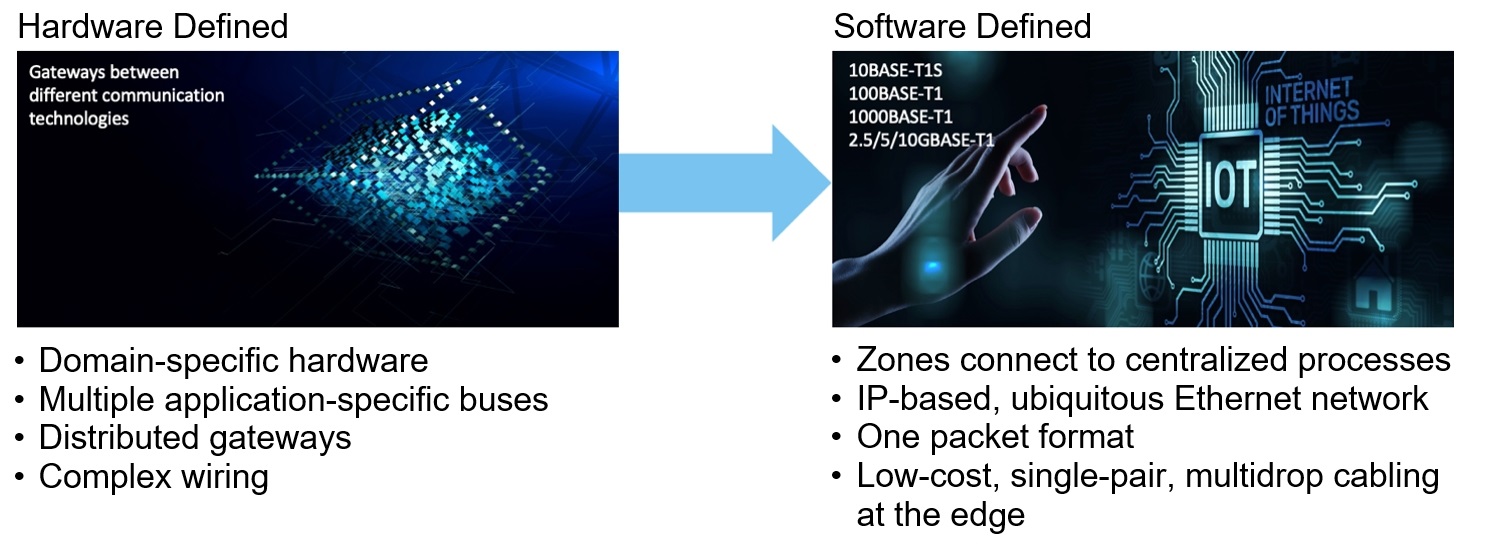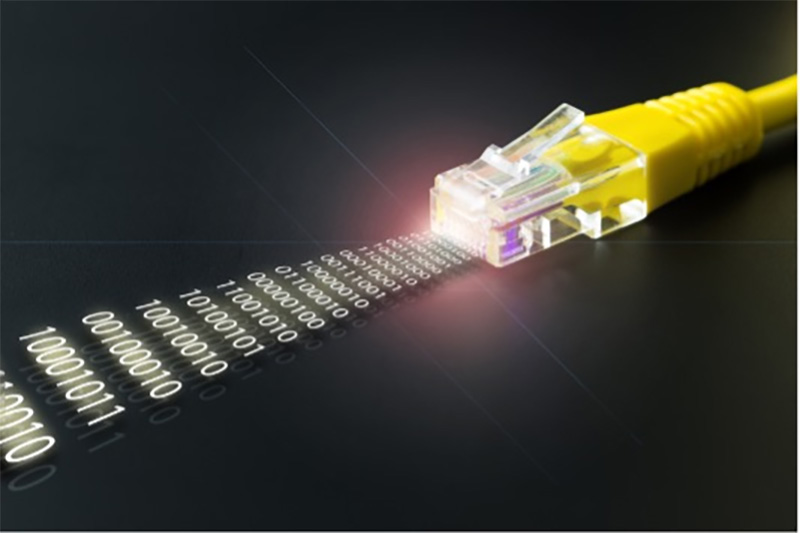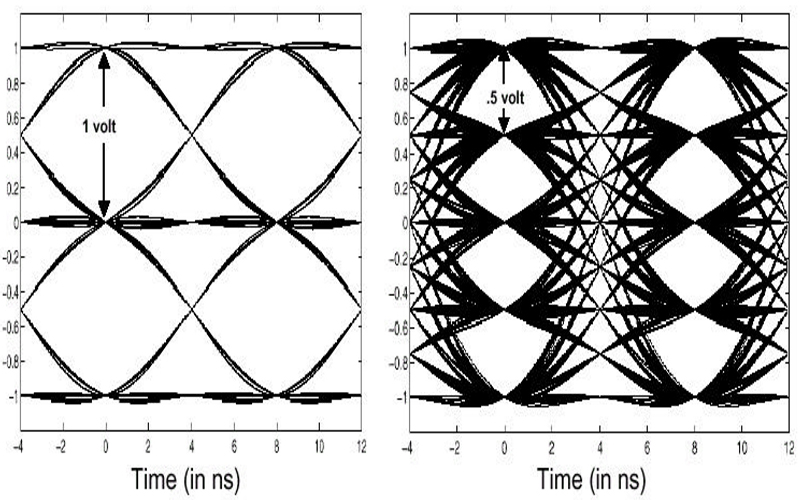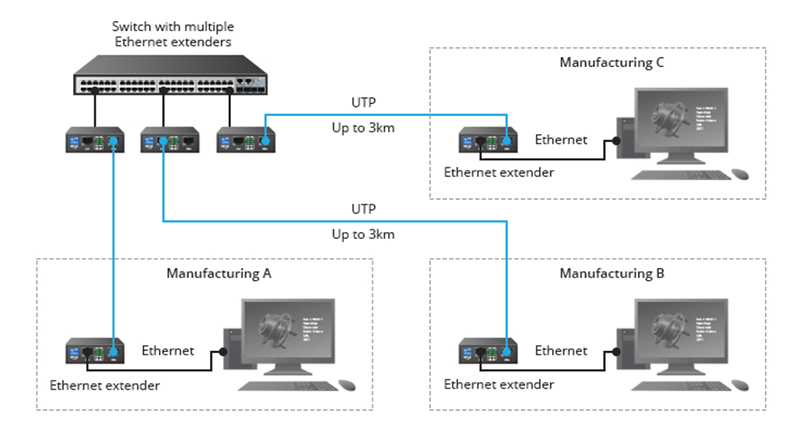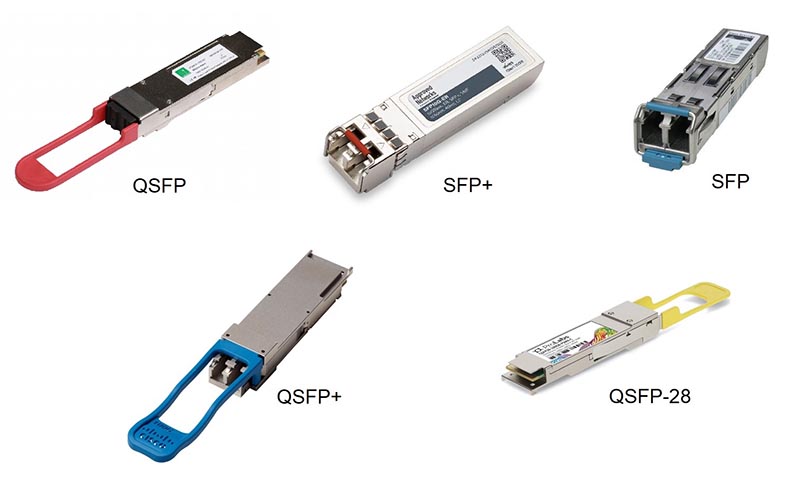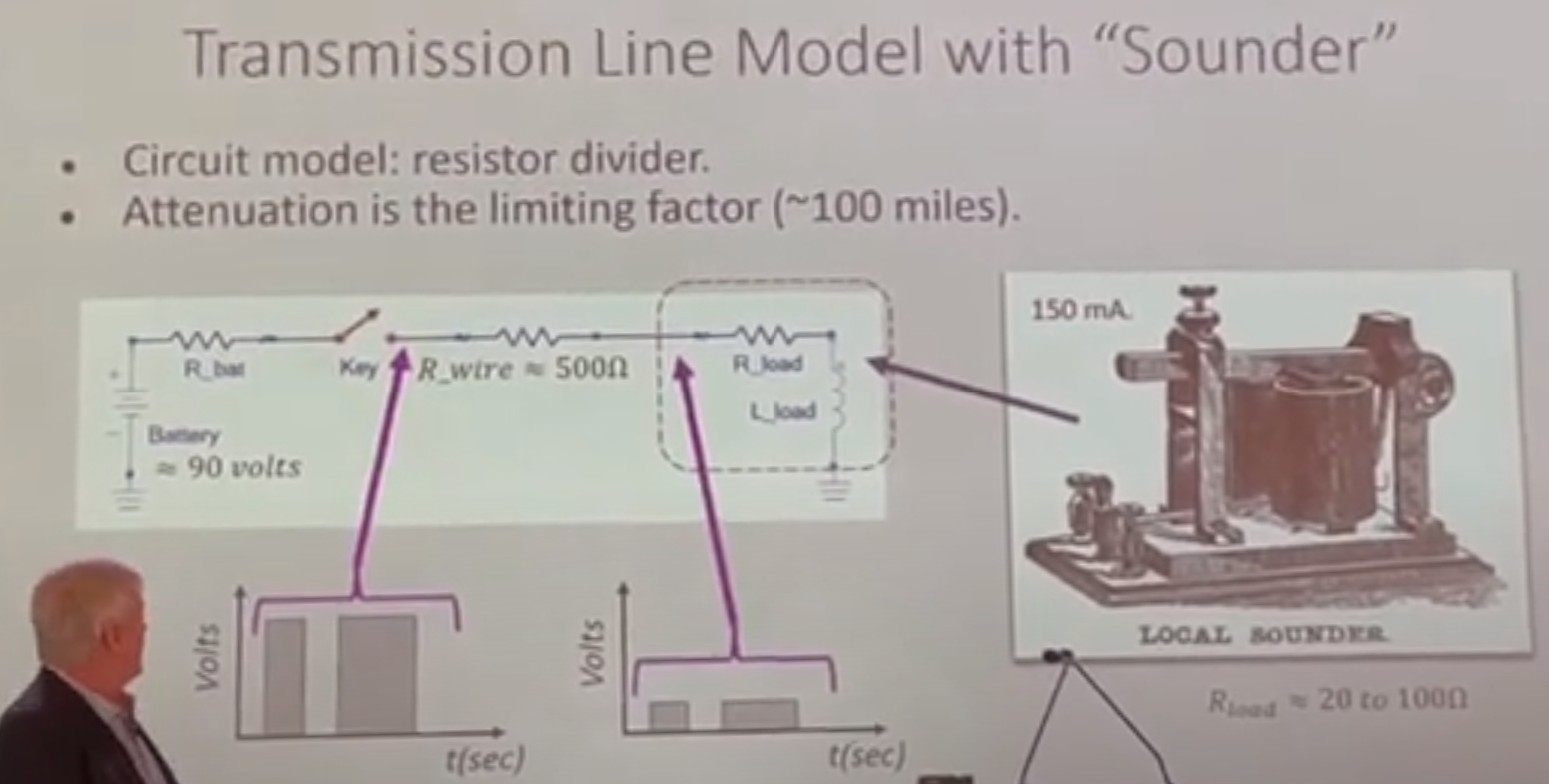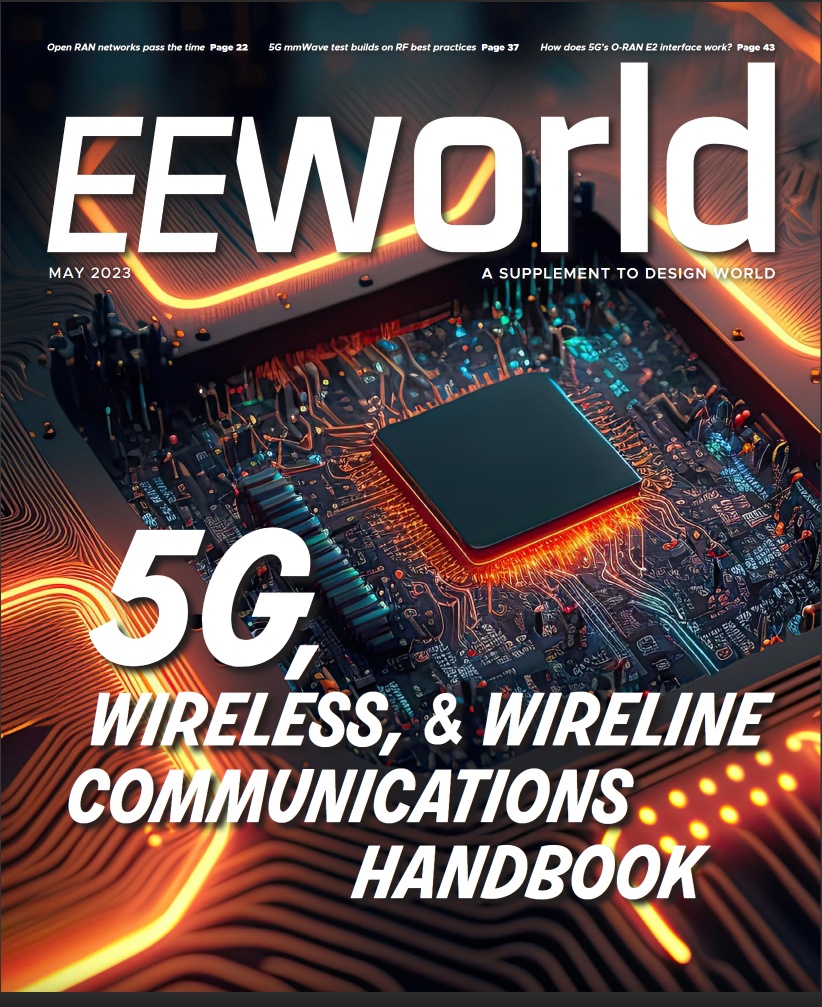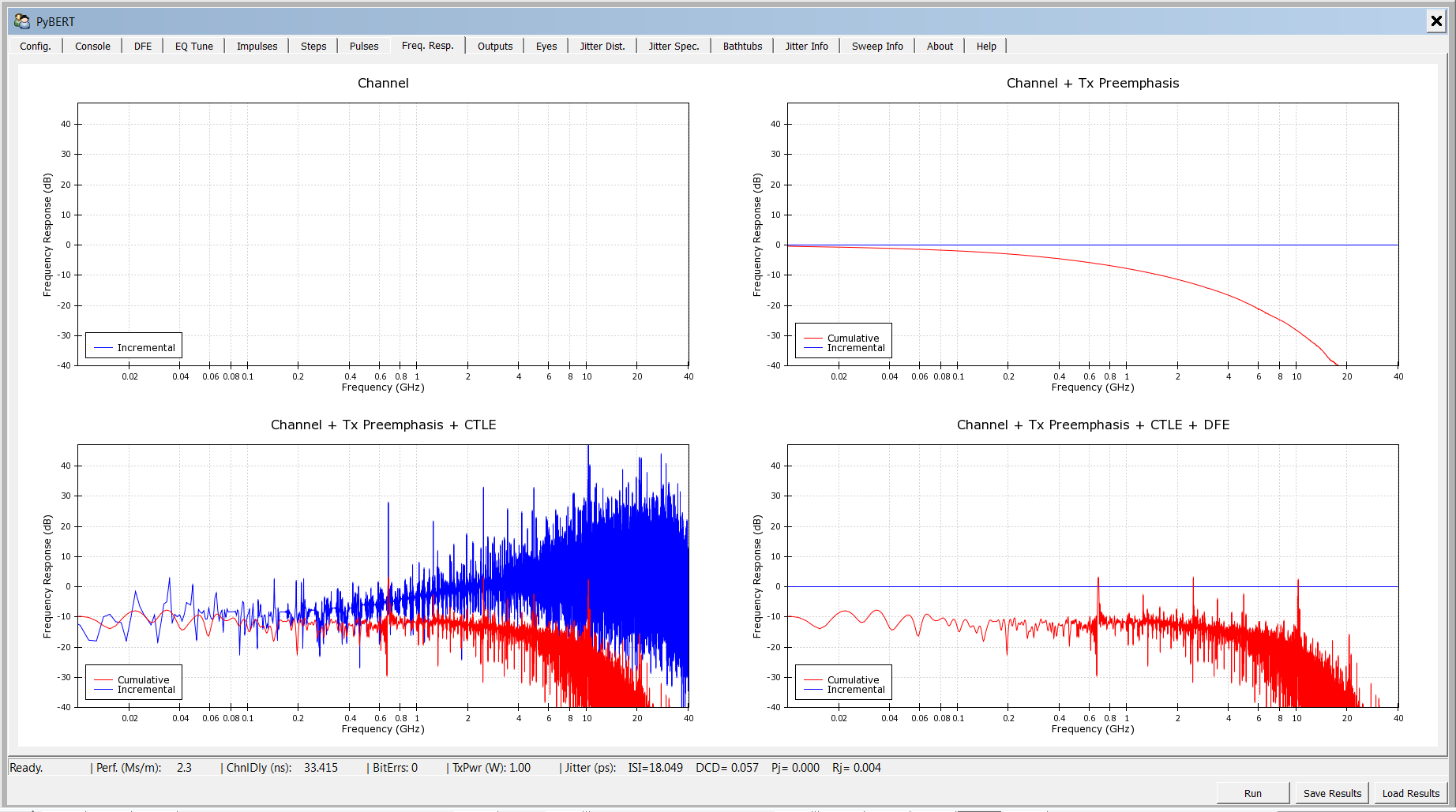The infrastructure of data communications networks needs lots of fiber, semiconductors, and network equipment to bring data to the masses. Optical data networks form the backbone of today’s communications. Data centers, which seem to dominate any discussion of digital communications, depend heavily on fiber-optic connections from a few meters to many kilometers. Getting those bits…
OFC 2024: It’s AI or die
Today’s data rates are already too slow, and so are tomorrow’s. Expect more complaints about slow networks in 2025.
10BASE-T1S brings a single pair of wires to the network edge
The 802.3cg Ethernet standard uses a single pair of wires, and it manages data flow without switches, making it suitable for industrial networks at a lower cost than traditional Ethernet. Industrial plants have long used digital data to monitor and control their production facilities. Networks in factories, data centers, and commercial buildings push the edges…
Ethernet turned 50 in 2023, what’s next?
EE World interviewed John D’Ambrosia, who told a few stories from earlier times and gave a peek at what’s coming next from the IEEE 802.3 set of standards.
How does 4D-PAM5 work in Gigabit Ethernet?
Networks using 10 GbE rely on more sophisticated modulation and coding techniques than networks needed at lower data rates. 4D-PAM5 (four-dimensional five-level pulse amplitude modulation) are the encoding and modulation techniques used in Gigabit Ethernet (GbE). 4D-PAM5 replaced the multilevel transmit MLT-3 encoding and modulation used for 100BASE-TX. IEEE 1000BASE-T (GbE) uses a combination of…
What’s the difference between an Ethernet extender and a media converter?
Extend the reach of Ethernet by converting the signals to different electrical or optical signals. Ethernet extenders and media converters can both be used to expand network coverage. Extenders operate over unshielded twisted pair (UTP) or coaxial cabling, while media converters change the signals from electrical to optical and back. Extenders and media converters can…
How do SFP, SFP+, and QSFP compare?
Pluggable modules come in many variants, each designed for a specific purpose. Small form factor pluggable (SPF) technology was developed to support high-speed interconnects between servers, storage, and communications equipment in data centers and similar environments. Over time, the multi-source agreement (MSA) that specifies SPF has evolved to include new formats, including SFP, SFP+, SFP28,…
IMS 2023: keynote analyzes early undersea cables
In EE World videos from the 2023 International Microwave Symposium, engineers received a history lesson on early transatlantic cables through an analysis using today’s methods. Plus, a demonstration of a 1944 radio using a razor blade as a rectifier. Modern equipment provided an automated Morse code signal.
EE World’s 2023 communications handbook is here
Our 2023 5G, Wired, & Wireless Handbook is now available in ebook form. Download your copy today. It started on a cold January day with an editorial call. A month later, the abstracts came in. After another month, the manuscripts came in. Then came the editing and some back-and-forth with the authors. Next, it was…
Analyze signal integrity in serial links with pyBERT
EE World spoke with David Banas, who demonstrated pyBERT, the free and open software for signal-integrity analysis where he explains the motivation for its creation.

